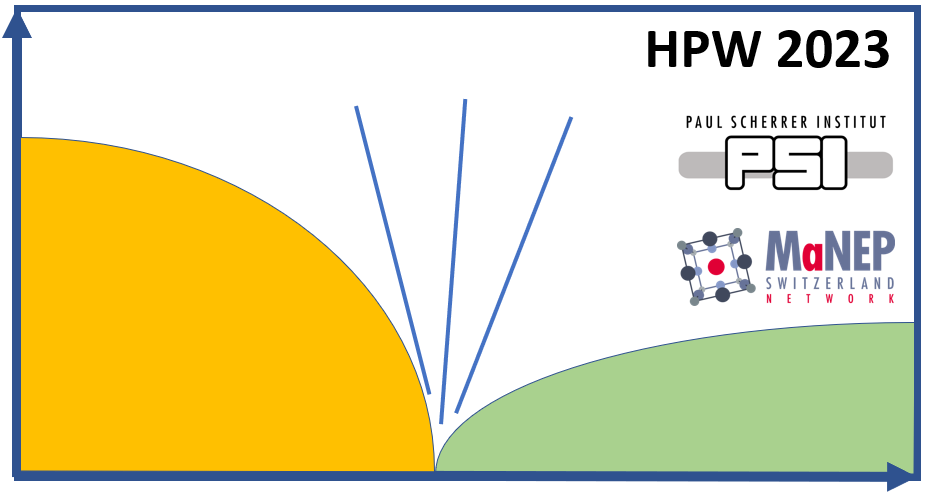Speaker
Description
Hydrothermal liquefaction (HTL) and catalytic hydrothermal gasification (cHTG) have drawn considerable attention in recent years as a clean and renewable biocrude and synthetic natural gas (bio-SNG) production technology, respectively. Under the temperature (350-450°C) and pressure (200-300bars) typically used, water acts as the solvent and reactant, hence no drying step is required to convert biomass feeds of high moisture content, leading to high energy efficiency compared to conventional conversion technologies. Operating near or beyond the critical point of water brings several challenges that have been the topic of several research projects recently in the catalyst process engineering group at PSI.
One of them relates to the complex phase behavior of salts in hot and pressurized water, which is severely impacted by the rapid decrease of the dielectric constant of pressurized water with increasing temperature. This can lead to the precipitation of salts present in the biomass stream processed, leading to clogging of pipes. I will cover our recent studies in high-pressure differential scanning calorimetry (HP-DSC) used as an accurate technique to investigate the phase behavior of such solutions under hydrothermal conditions. HP-DSC allowed us to collect phase behavior data for unknown binary, ternary, or more complex mixtures, to discover liquid–liquid immiscibility in several of them, and establish the dependence of the phase behavior to the composition of the cations present in a mixture. I will also describe the technology developed at PSI to continuously extract salts during the process and the different strategies followed to optimize such extraction and prevent clogging based on the data obtained from these analyses.

